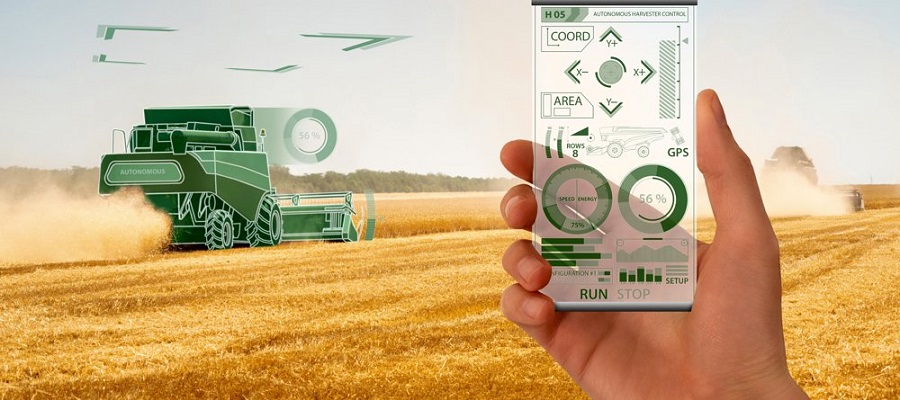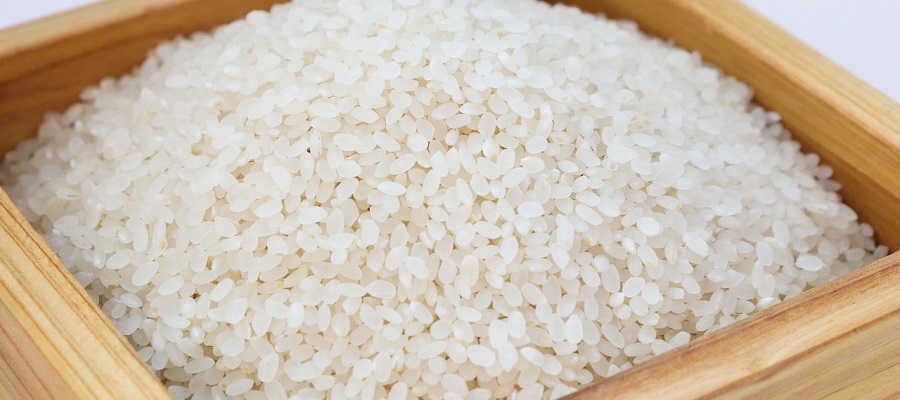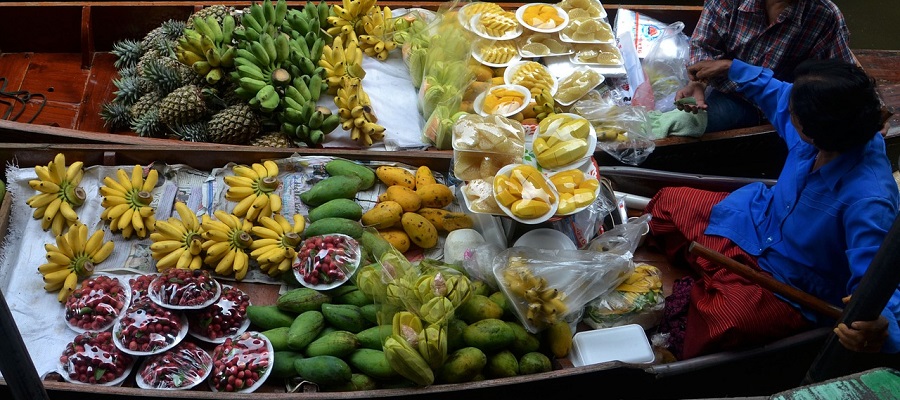It is not only industry that is being radically transformed by modern information and communications technology - in agriculture, developments are heading in the same direction. The days when farmers still milked cows by hand and drove out to the fields every day just to check the condition of the soil are over once and for all. Instead of being with the animals, farmers are increasingly spending their time in the office, and nothing works without a smartphone in their pocket and a tablet in the tractor. "Agriculture 4.0" is THE megatrend in agriculture, and digitization is the buzzword of the day.
Digital farming is the name of the future - what is it?
If you look at the question of what will happen to agriculture in the next few years, you keep coming across the term "digital farming". Let's first take a look at the term "digitalization." It means that analog data or values are converted and stored in a format that can be used digitally. Digital farming" is now about increasingly linking agricultural production with digital technologies with the aim of automating the farm in the long term.
Meanwhile, the digital future has already begun on farms in Germany. In fact, agriculture is more digitized than some other industries: Farmers were pioneers in the use of GPS data, for example, which can be used to optimize the route of harvesting vehicles and save fuel. Or consider self-driving tractors - these have been a reality in the field for some time, but are far from being so in road traffic. Sensors on tractors that precisely adjust and dose fertilizer and crop protection products to the needs of the plants have also already been implemented in arable farming.
Livestock farming is making use of automatic milking machines, feeding systems that adjust individually to each cow, and barn robots that take over mucking out. There are even devices with sensors that analyze and report directly on the ingredients of the milk and the health status of the cows.
Digitalization is also having an impact on the operation of biogas plants, which many farmers use as an additional mainstay: For example, repairs can now be carried out remotely, and predictive analysis tools calculate and recommend the next date to replace spark plugs, for example, at an early stage to prevent damage to the machinery in the first place.
How can we imagine the future of agriculture in concrete terms?
Augmented reality is no longer a distant dream, allowing deeper insights into the various layers of a field, for example, using a smartphone or tablet and a corresponding app. So-called "smart glasses" - glasses with a built-in camera - could also be used in the future to detect diseases in plants, for example. Many farms could be home to a flexibilized biogas plant. These are already an essential part of the power supply in Germany today. Experts also consider flexibilized biogas plants to be a key factor in the energy transition and an efficient measure for keeping global warming below two degrees.
Online platforms on which rural regions connect - so-called "digital villages" will also become increasingly common. In general, the trend is toward strong networking between different processes and their players. Farmers, IT service providers and agricultural technology manufacturers, for example, will become increasingly interconnected in order to exchange information and work hand in hand.
Already today, 20 percent of agricultural businesses in Germany use networked digital technologies, according to a study by the IT industry association BITKOM. Experts agree that the importance of digitization will continue to grow. It is estimated that the potential for value creation in agriculture will increase by almost three billion euros by 2025 through the use of mobile devices and the networking of agricultural machinery.
What are the risks of digitized agriculture?
Technological development is both a blessing and a curse. How will the jobs of the past change as a result of more and more computers and technology? Where will the skilled workers come from who are up to these changed jobs? There is already a shortage of young talent, and the farmers themselves already don't know how to manage the ever-larger farms. Digitalization must therefore help to make farms more efficient and reduce costs; moreover, farmers need to become more familiar with the digital world in order to cope with increasingly complex requirements.
German farmers see data security as another major risk posed by digitization. Anyone who knows the data of a farm can exert increased pressure in price negotiations, especially in upstream or downstream sectors such as the dairy industry. Big data could also lead to increased monitoring by the authorities - the buzzword "transparent farm" is being bandied about in many places in the industry.
Finally, operational reliability is another aspect that could become a risk. As long as the system runs smoothly, everything is fine. But if there are technical disruptions, such as an Internet outage or an illegal hacker attack, everything is paralyzed. Then the dependence on technology can possibly become a downfall.
Solutions must be found for all these aspects surrounding data security and sovereignty, including on the part of policymakers.
What opportunities will digitalized agriculture offer in the future?
The risks just mentioned are offset by clear advantages. Farmers will save themselves a lot of material in the future, for example through sensor and measurement technology in the field, which can be used to precisely dose fertilizers and crop protection products. Combined weather and machine data will enable precise soil cultivation. Drones allow, for example, soil monitoring or game rescue with the aid of infrared recognition. "Precision farming" will therefore continue to expand and contribute to better nutrient supply, reduction of crop losses, higher yields and, ultimately, crop protection. According to an EU study, 80 percent of herbicides could be dispensed with in the future thanks to digitalization - for example, also through an agricultural robot that replaces the tractor and even pulls weeds out of the ground completely without using pesticides, but purely mechanically. This protects the environment and also reduces costs in arable farming. The bottom line is that profitability can be significantly improved in the future.
Digitalization will also have a positive impact on animal husbandry. There are already plenty of automated systems in the barn, but in the future more and more work will be automated, especially for the welfare of the animals. In "precision livestock farming," sensors can measure movements and vocalization of cows and pigs. This data can then be transmitted immediately to the farmer's cell phone, who can react immediately to any unusual behavior and detect any diseases at an early stage if necessary. This also allows the administration of antibiotics and other medications to be reduced.
Agriculture also has a lot to do with the handling of large quantities of goods and, consequently, with logistics. By digitally mapping material and transport flows, these can be optimized and made more efficient. In the long run, this reduces traffic and thus also CO2 emissions - another plus point for the environment.
For the farmer himself, digitization means a better quality of life. Many physically strenuous activities are taken off his hands. Many things can be controlled without him having to be on site himself. Accounting programs and data storage in the cloud facilitate process flows, work planning and data evaluation. "Smart farming" will make farm management even easier in the future.
The future of agriculture lies in digitization
Technical progress cannot be stopped. As with the Internet, which no one can do without today, digitization will be indispensable in the future. It promises greater efficiency and better yields in arable farming and livestock breeding, labor savings for farmers, less environmental impact thanks to the sustainable use of resources, and actually healthier food thanks to reduced use of fertilizers and pesticides in the field and reduced use of medicines in livestock breeding - these are convincing arguments in favor of Agriculture 4.0.


